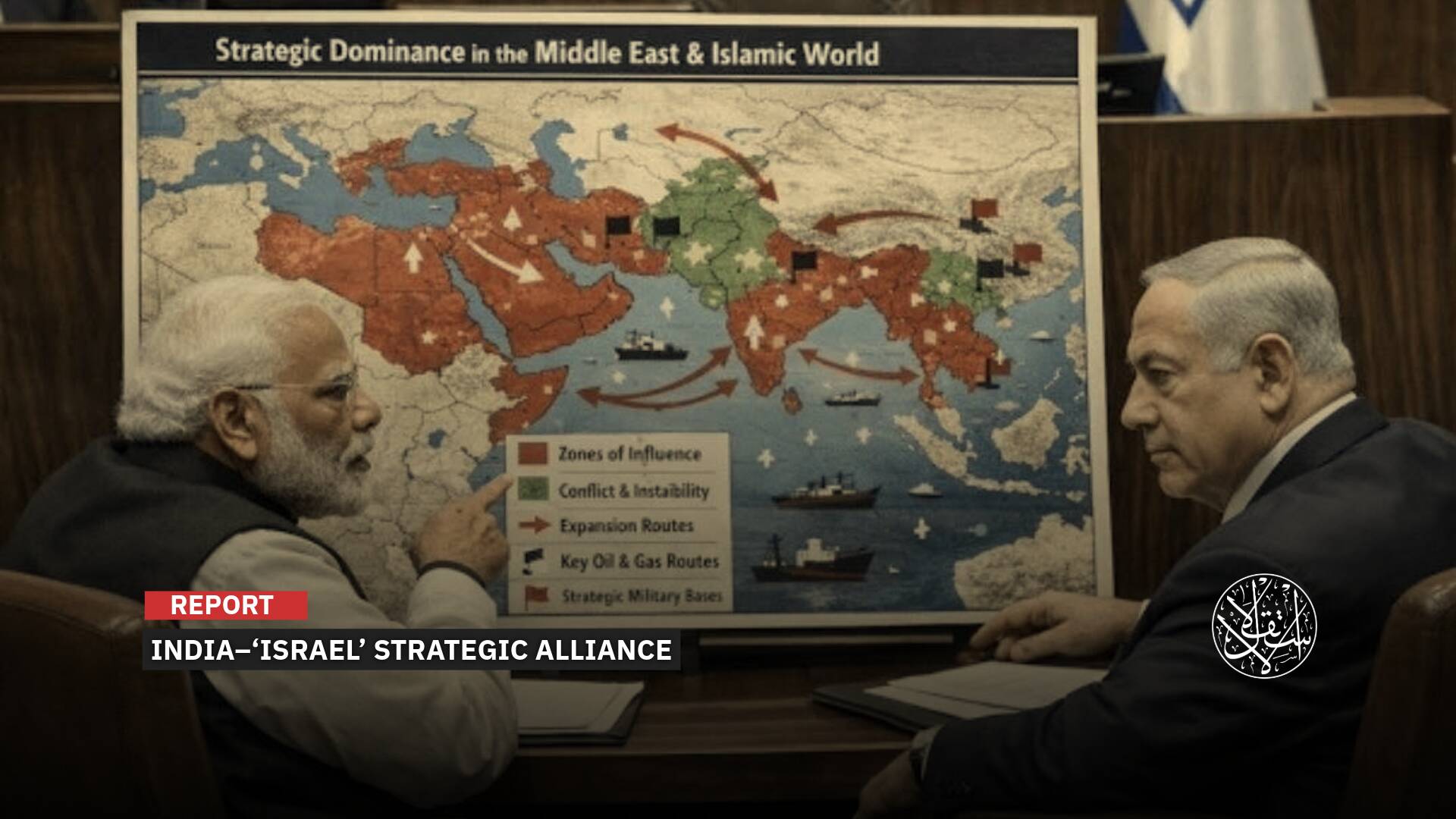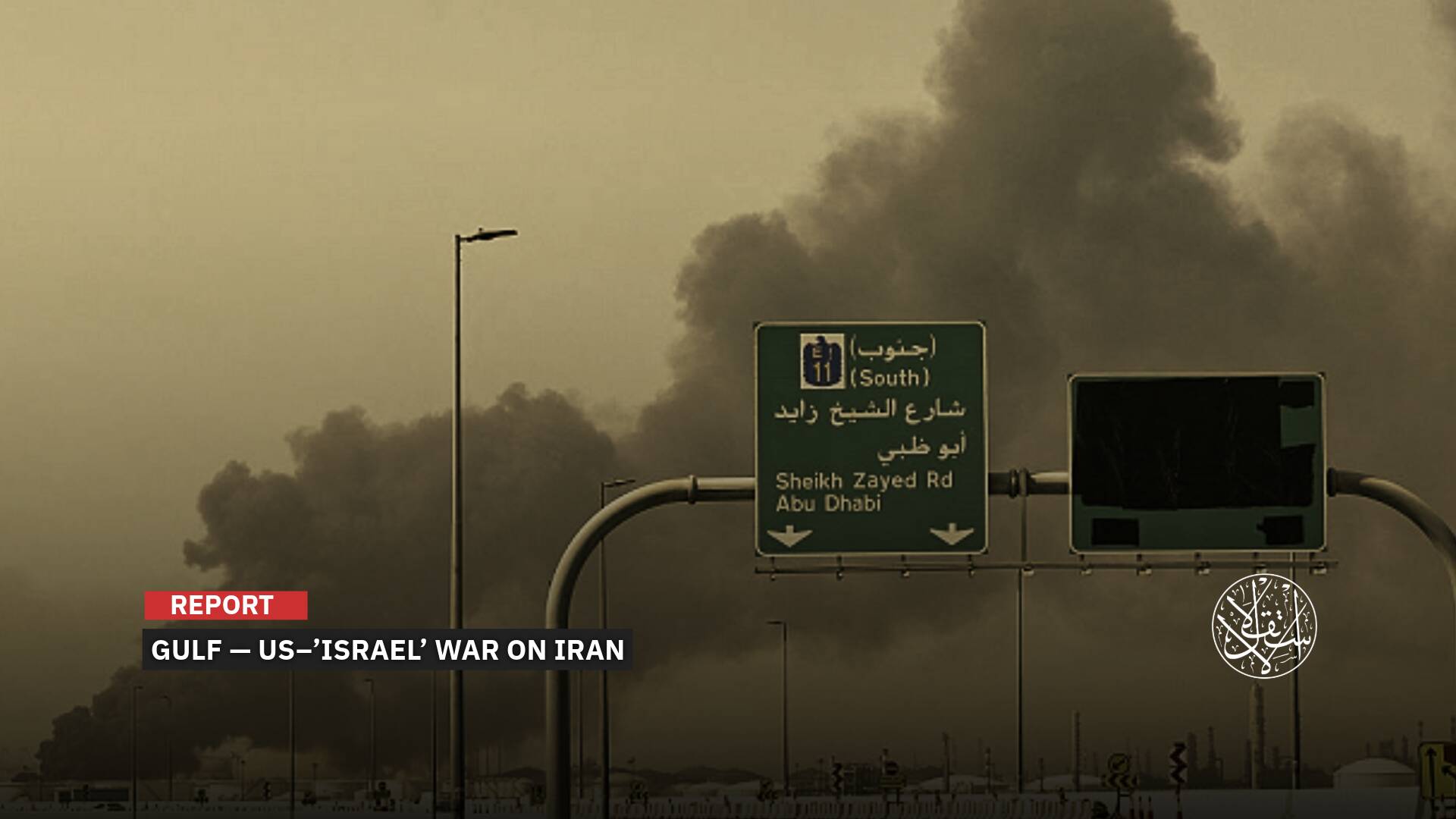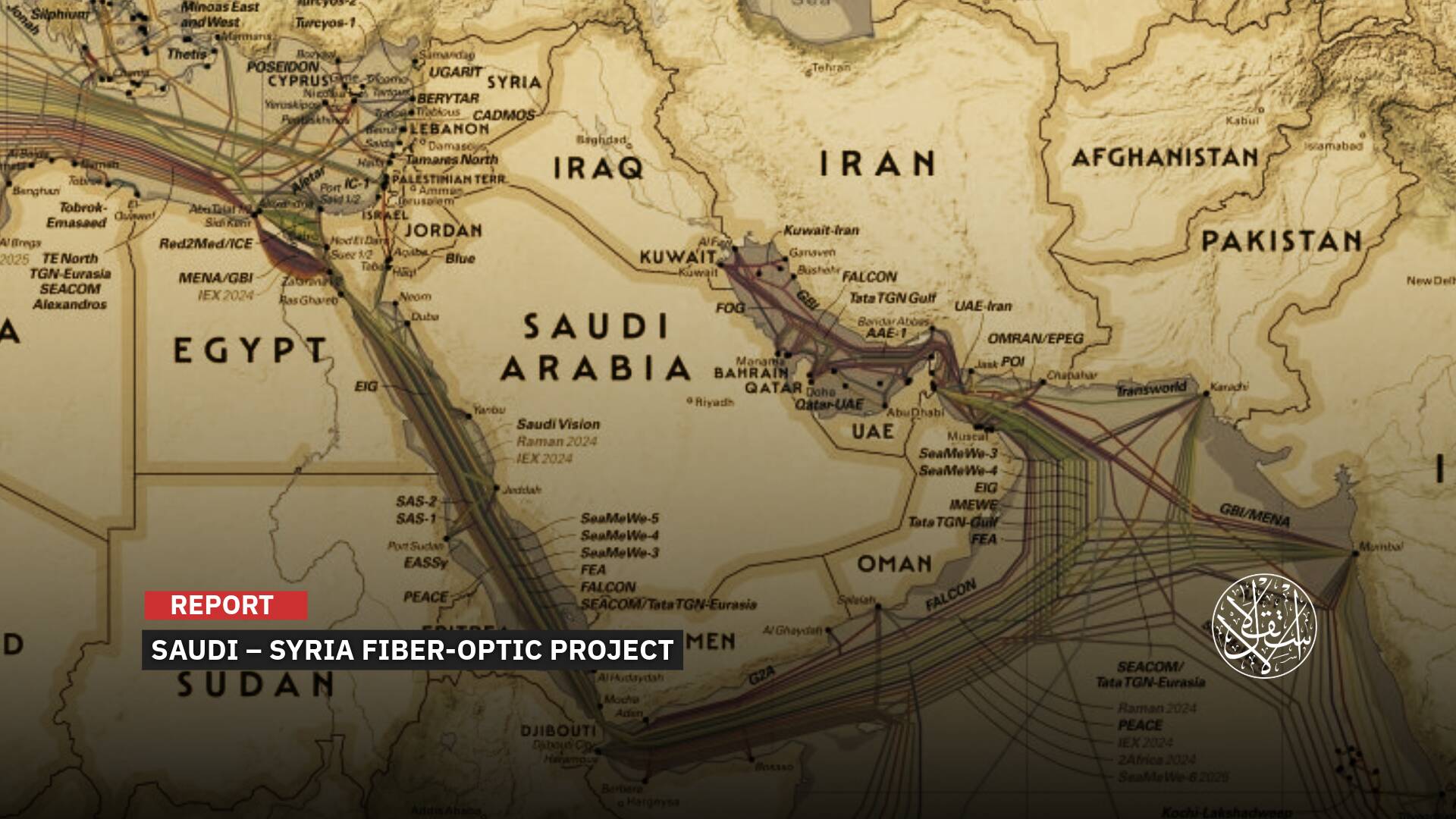New RSF Graduates in Sudan: Is the War Heading North?

The graduation comes at a time when the rebels are suffering heavy defeats.
A new batch of 20,000 fighters from the UAE-backed paramilitary Rapid Support Forces (RSF) surfaced publicly on April 2, 2025, in a show of force that raised fresh alarms over the group's next military moves.
Abdul Rahim Dagalo, brother of RSF leader Mohamed Hamdan Dagalo (Hemedti), declared during the event that this batch marked “the beginning of a campaign to recruit one million fighters,” according to local media.
Addressing the new recruits from the heart of Darfur, Dagalo warned, “The next battle will be in northern Sudan.”
Footage from the event showed disorganized ranks of lightly armed fighters gathered in a dusty open plain surrounded by desert—far from the image of a professional military force.
A Warning Signal
Dagalo’s remarks carried multiple implications. The timing of the graduation comes on the heels of a string of RSF setbacks, most notably their expulsion from the capital, Khartoum.
His speech also appeared to lay out the next phase of the RSF’s military strategy: shifting the fight to the north—until now a relatively stable region and the seat of power for the military-led Sovereign Council under General Abdel Fattah al-Burhan.
The developments have sparked questions over why the RSF would open a northern front—and whether the group has the strength to pull off such a bold move.
In a fiery speech to freshly graduated RSF recruits—many of them barely out of their teens—Abdul Rahim Dagalo laid out what appears to be a new war strategy aimed squarely at northern Sudan.
According to Sudan Tribune, the recruits, many under 20, shouted “North is next! North is next!” while raising their weapons, signaling their readiness to take the fight to the northern states.
Dagalo claimed that “2,000 vehicles have already departed through the desert and are on their way to Northern State,” which borders Egypt.
“We’ll fight you in Northern and River Nile states,” he declared. “We didn’t know where the next battlefield would be—but now we do.”
Speaking with growing defiance, Dagalo added, “This message is for the one million fighters. When they fall, I’ll fall with them—and so will Hemedti,” pledging to fight to the death alongside his brother.
Dagalo didn’t spare RSF defectors either. In the wake of recent losses, he issued harsh warnings to any officers who abandoned their posts.
“Any officer who isn’t on the frontlines within hours will be dismissed and court-martialed,” he said. He mocked those who stayed behind “at home with their mothers and sisters.”
He also vowed to execute—without mercy—anyone caught selling weapons or leaking intel to enemy forces.
In an even more chilling moment, Dagalo called for the killing of those he accused of supporting the “Kizan,” a term often used to describe Islamist backers of the Sudanese army.
The message was clear: the RSF is regrouping, rearming, and refocusing its war efforts—with Northern Sudan in its sights.

Northbound!
A key question now hangs in the air: Was Dagalo’s speech mere bravado aimed at energizing the new recruits—or does it signal a concrete plan to strike the Northern and River Nile states?
Clues may lie in RSF troop movements. On March 23, 2025, the paramilitary force captured the town of al-Malha in North Darfur, a strategic location bordering northern Sudan. This advance could pave the way for a push into the north—possibly just a matter of time.
The scenario echoes the early days of war in April 2023, when RSF convoys sped toward Merowe in Northern State. Just two days later, they stormed Merowe Airport and the nearby air base, briefly taking control before being repelled by the army after fierce clashes.
On March 7, 2025, Abdulrahim Dagalo—speaking behind closed doors at a hotel in Kenya—reportedly told local political and tribal leaders that his forces were planning to “liberate” Northern, River Nile, Port Sudan, and Kassala from what he called “Islamist control.”
Despite the aggressive rhetoric, skeptics argue that the RSF’s recent defeats may have drained its ability to carry out such plans.
Al-Musbah Abu Zaid Talha, commander of the al-Bara’ bin Malik Battalion allied with the army, dismissed Dagalo’s threats as desperate posturing.
“If the capital falls, the regime collapses. Everything else is manageable rebellion,” he told the local Taj Press.
Monte Carlo questioned the logic behind publicly revealing such an offensive plan. “You don’t broadcast your military strategy to the enemy—essentially inviting them to prepare and crush you,” the April 4 report said.
Instead, the outlet speculated that the RSF may be using the northern threat as a diversion—aimed at freezing army movements near al-Dabbah—while preparing a much larger assault on el-Fasher, the capital of Darfur and the last major western stronghold still under army control.

A Looming Catastrophe
If the Rapid Support Forces (RSF) were to launch a full-scale invasion of northern Sudan, the country could face a new and devastating humanitarian and geographical crisis.
The Northern State is Sudan’s largest by area, with an estimated population of 1.05 million. The neighboring River Nile State is home to around 1.21 million people, distributed across seven localities, according to official 2023 statistics.
“This would create immense confusion. Millions of people have already sought refuge in northern states during the war, and if fighting reaches those areas, we could see another massive wave of displacement—potentially in the millions—either toward Egypt or further east,” Sudanese politician Ibrahim Abdel Aati told Al-Estiklal.
“Despite its recent setbacks, the RSF continues to receive significant support from the UAE—financial aid, advanced weaponry including drones, and media coverage. This backing enables them to regroup and maneuver, even after losing their domestic support base.”
He emphasized the need to take Dagalo’s threats seriously; “Promises to move the battle north must not be underestimated. Past experiences show that complacency toward this rebel militia has only allowed it to expand—this mistake must not be repeated.”
Abdel Aati called on the army “to be fully prepared and treat these warnings as a real alarm for potential instability in northern states.”
Still, he maintained that the RSF project is ultimately doomed. “It’s a rebellious venture that stands in opposition to the state’s foundations and the will of the Sudanese nation.”
“Militias and criminal gangs that rely on looting and foreign backing can never triumph over a resilient nation and its institutions,” he added.
Sources
- RSF Announces Shift of War to Northern Sudan (Video) [Arabic]
- Commander of the Al-Bara' bin Malik Battalion Reveals Dagalo’s Objective Behind Invading Northern Sudan [Arabic]
- Does the Rapid Support Forces Really Have the Capability to Carry Out Its Threats of Invading Northern Sudan? [Arabic]
- Abdel Rahim Dagalo Vows to "Liberate Sudanese States" [Arabic]










